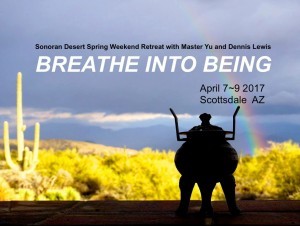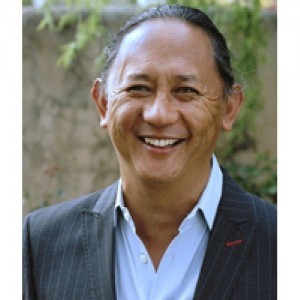The concept of enlightenment, marketed today by a vast spiritual-media industry, is suspect. For me, anyone who believes or pretends that they understand the final meaning of life (other than living it as consciously and lovingly as possible) is deluded. And those who feed this self-deception in others are also deluded.
Now I realize these are strong statements, and you can certainly disagree with them, but I believe that as long as we are alive on this planet, the greatest achievement possible for us spiritually is to experience with awe the great unknown and the miracle of being. All the labels we give these experiences are relative and subjective. You can call the unknown by the name God if you like, or the word Absolute, or Emptiness, but it matters little. What’s important is our own openness to this mystery right now, realizing that however we define it only misses the mark.
One of my early heroes, whom I saw/heard speak in person many times, was Krishnamurti, who more or less dispensed with the entire concept of enlightenment and brought us back always to direct observation of ourselves as we are. The ultimate en-lightening of ourselves takes place when we see and let go through awareness of all our heavy spiritual or esoteric theories and concepts and plunge into the mystery of our lives with eyes and ears and hearts and consciousness wide open. Yes, and as we do this we can keep learning about our own energies and potentials first hand in relationship to ourselves and others.
Oh, it’s a grand journey, filled with pain, suffering, love, joy, discovery, and happiness. And, in the end, who knows? All we can really do is live as honestly and lovingly and consciously as possible right now–and to truly do that would transform the world in which we live.
Copyright 2022 by Dennis Lewis




